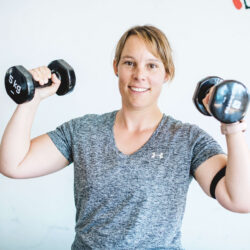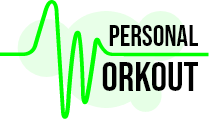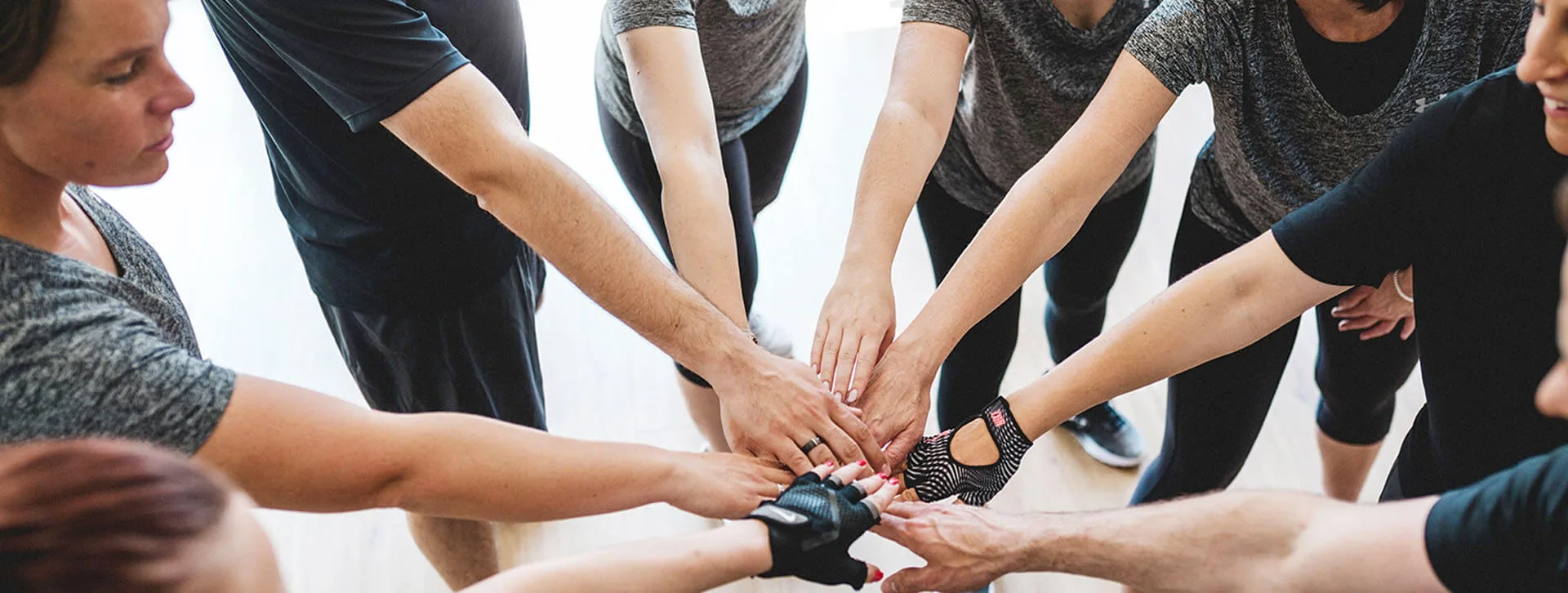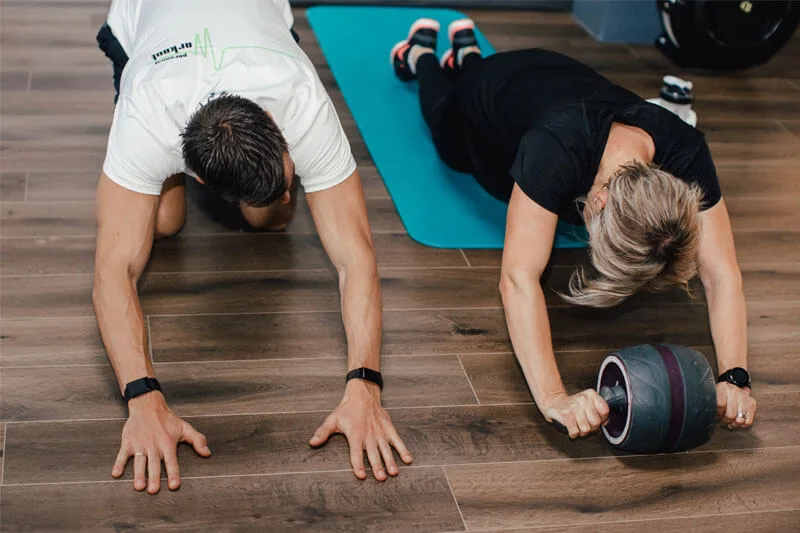What is Collagen, Where is it Found, and What Effects is it Said to Have?
I often hear about new trends from our customers. Then they ask me if I have heard of “xy” and what I think about it. This happened to me with collagen supplements (from 2 customers). Until then, I knew collagen mainly from ointments and the study situation only in connection with such creams. Being a curious person, I took these two references as an opportunity to do some research and start a little experiment. I’m going to show you the results in this blog post.
What is collagen?
Collagen is a protein and is the most abundant protein in the human body, making up about 30% of the body’s tissues. It is found in connective tissue (especially tendons, ligaments and cartilage) and in the skin. It consists of only 3 amino acids (glycine, proline and hydroxyproline). There are more than 20 different types of collagen, with type I being the most abundant in humans.
Where is collagen found?
KCollagen exists naturally in multicellular animals and has the property of being extremely strong and almost impossible to stretch.
Collagen in ointments
Collagen preparations have been around in the beauty industry longer than ointments. A lasting benefit has never been proven. The effects are based more on water retention and never last long because the collagen never gets where it needs to go.
Collagen as a protein powder
Collagen for powder production comes from pork and beef offal or fish skin and bones. With the same calories and protein content, it is almost twice as expensive as whey protein, for example. The only difference is the amino acid spectrum. It contains mainly glycine and proline (together about 1/3 of all amino acids in the preparation), while whey protein contains much more leucine and lysine.
Collagen as drinking ampoules
Liquid collagen is relatively new. It is often referred to as small collagen peptides (e.g., Versiol), which, because of their structure (hydrolyzed), are supposed to pass through the human digestive tract more easily without having to be broken down into individual amino acids—and then rebuilt from scratch. In the case of Versiol, the collagen comes from bovine offal.
What are the promised benefits?
First and foremost, it is said to reduce and minimize wrinkles and increase the elasticity of skin, tendons and muscles. It is also said to effectively reduce cellulite. Some providers also advertise its ability to strengthen bones.
Personal experience with a collagen supplement
A client and I tested a collagen preparation for 10 and 30 days. We took the pills after lunch, as recommended on the package. The preparations were relatively sweet, though they didn’t taste bad. Marc’s preparation also had a digestive enzyme powder in the cap.
The before and after pictures mainly show that we are trainers and not photographers. It was difficult to get 2 identical pictures under the same lighting conditions. However, we didn’t see any significant changes in the pictures we had, and no one else thought we looked younger.
Studies on collagen
Several studies (including meta-analyses) show significant positive changes in hydration, elasticity or wrinkle depth between the test group and the placebo or control group (see sources). However, 2 questions arise:
- Can these changes actually be seen?
- And secondly, were the studies carried out “cleanly” and where do they come from?
Examine.com, for example, reveals several shortcomings (see sources). In some cases, the results of control groups were not presented, the age structure of the groups was different, or the study was conducted by authors employed by a supplement company.
Conclusion on collagen
Unlike other dietary supplements, there are numerous studies that support the efficacy of collagen supplements. However, as explained above, these should be approached with caution. More studies are needed in the future.
More importantly, in my opinion, the amounts of amino acids found in collagen supplements are a drop in the bucket. If you eat a well-balanced diet with enough protein, your body can produce enough collagen by itself. The amino acids proline and glycine are non-essential, which means they can be produced by the body.
Whether taken as a supplement or otherwise, it is important to get enough vitamin C, which is a cofactor in the production of collagen.If you are looking for professional and holistic support or advice on fitness, nutrition or health, then Personalworkout is the place for you. With us, you will finally reach your goal with guaranteed success.
SOURCES
- https://www.ndr.de/ratgeber/gesundheit/Kollagen-als-Pulver-und-Kapsel-Gut-fuer-Gelenke-und-Haut,kollagen100.html
- https://de.wikipedia.org/wiki/Kollagene
- https://www.gelita.com/de/produkte-und-marken/kollagenpeptide/verisol
- https://ch.revitaltrax.com/pages/hydrolysiertes-kollagen-woher-kommt-das-kollagen
- https://ch.revitaltrax.com/pages/verisol?shpxid=667f68b2-7e58-4efa-b96d-8c2f4501088a
- https://pubmed.ncbi.nlm.nih.gov/31627309/
- https://pubmed.ncbi.nlm.nih.gov/33742704/
- https://pubmed.ncbi.nlm.nih.gov/30681787/
- https://pubmed.ncbi.nlm.nih.gov/29949889/
- https://examine.com/summaries/study/dxXPAd/
- https://examine.com/summaries/study/qdBex9/
- https://examine.com/summaries/study/dBE569/
- https://examine.com/summaries/study/1JVWQ1/
- https://examine.com/summaries/study/9KGG79/
- https://whey-protein.ch/kollagen-hydrolysat/
- https://whey-protein.ch/bio-whey-protein/?gclid=CjwKCAiA8OmdBhAgEiwAShr400hLfBwboHndDmGInoxcV0M6i-u76It4gtCFz-aZEPs3Ipd180YBgxoCX9EQAvD_BwE
- https://www.klartext-nahrungsergaenzung.de/wissen/lebensmittel/nahrungsergaenzungsmittel/kollagendrinks-fuer-die-schoenheit-beauty-aus-der-buechse-47417
Challenge of the Month
What Clients Say





















